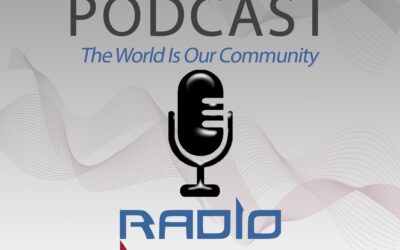 By Annisa Essack
By Annisa Essack
11:08:2021
Nine days of civil unrest in KwaZulu-Natal has had a devastating effect on infrastructure, the economy, and the people’s lives. But it has also been the contributor to the substantial spike in COVID infections in the province.
The Institute for Water and Wastewater Technology at the Durban University of Technology has revealed through research that the unrest in KwaZulu-Natal was a Covid-19 superspreader event.
IWWT Director, Professor Faizal Bux, spoke to Radio Islam International, unpacking IWWT’s findings of the research and the implications thereof.
Prof. Bux says before the civil unrest, the average number of new cases per day in 7 days was 1360 for KZN and 449 for the eThekwini Municipality.
Bux said that clinical data from 31 July shows that the number of new infections in 24 hours in KZN reached 2239, with 1007 of this stemming from the eThekwini Municipality.
As of 5 August, 2667 and 1280 new cases per day were reported for KZN and eThekwini Municipality, respectively, indicating that the protests were a Covid-19 superspreader event that contributed to the spike in infections.
He added that the violent riots and looting had significantly impacted KZN’s response to the Covid-19 pandemic. It now places strain on an already stressed healthcare system.
He further explained that the closure of diagnostic laboratories during the unrest meant significant under-reporting in the number of Covid-19 infected individuals in KZN from 9 July – 17 July 2021. The impact of the civil unrest would only be recognised in the data 7 to 14 days later.
Prof Bux said that Wastewater Based Epidemiology (WBE) had proven to be an excellent tool to determine Covid-19 infection levels in populations.
According to the IWWT’s monitoring of the Central Wastewater Treatment Plant (CWWTP) weekly resulted in real-time findings regarding the COVID-19 infections at a community level. In fact, the monitoring was more effective in confirming the prevalence of COVID-19 within specific areas.
The WBE data was also a more accurate representation of Covid-19 infections at a community level than clinical data. This was because clinical testing came to a halt during the unrest, while WBE testing did not.
The WBE data further suggest that a more significant number of infected individuals in the metro than clinically reported. This could mean that a further increase in clinical case numbers will increase in the coming days.
Listen to the podcast here





0 Comments